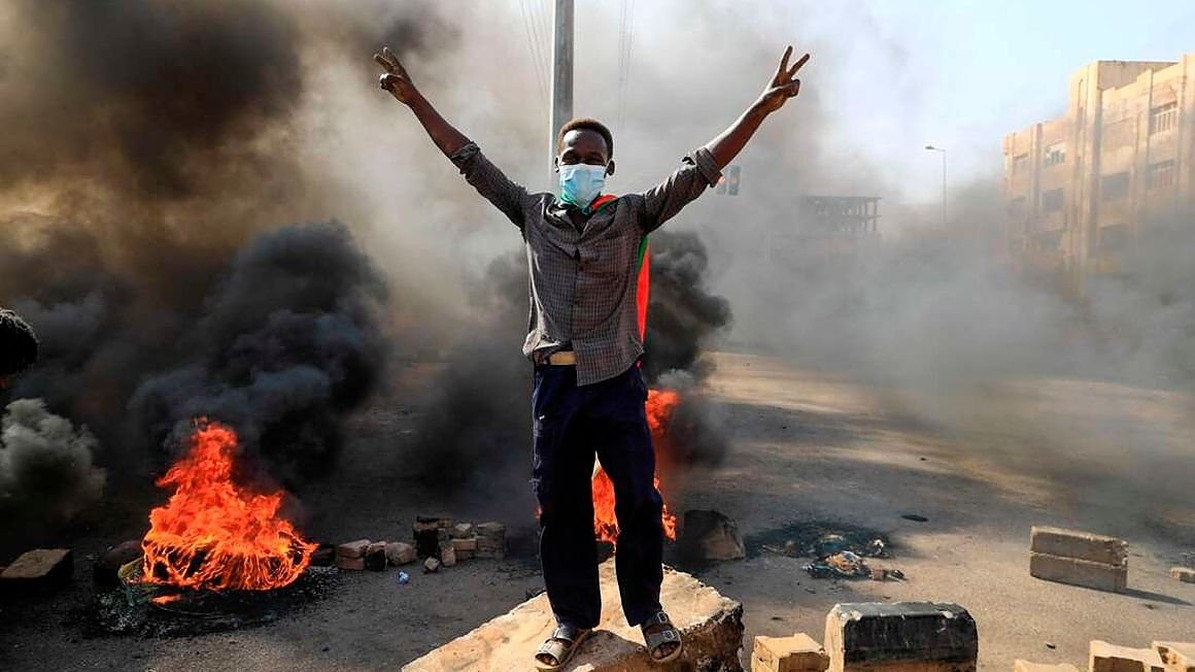An apparent military coup took place in Khartoum, Sudan, on Monday, October 25, after members of Sudan’s cabinet, including the prime minister and a large number of pro-government party leaders were arrested by the military forces. How did the coup take place? Multiple government officials and ministers were arrested early in the morning, including ministers of information and industry, as well as the governor of Khartoum due to growing tensions between the military and the civilian government. Meanwhile, Prime Minister Abdalla Hamdok was put under house arrest after a military group besieged his house. Following these events, videos on social media were shared showing thousands of Sudanese protests in the streets of the capital, Khartoum, and the nearby city of Omdurman. Other photos also showed protesters setting fire to tires and blocking streets. ياخ انتو شنو ياخ!! ياخي انتو شعب شنو ♥️♥️♥️♥️♥️♥️♥️♥️ pic.twitter.com/hh7mWiz3y7 — فــــارس بــــلال (@FarisBallal) October 25, 2021 Phone and internet services were shut down, a move that was previously made by the Sudanese military during the 2019 revolution. Viral hashtags such as عصيان_مدني_شامل#”, (Total Civil Disobedience), and “ لا_للانقلاب_العسكري” (No to Military Coup) also began trending on…




